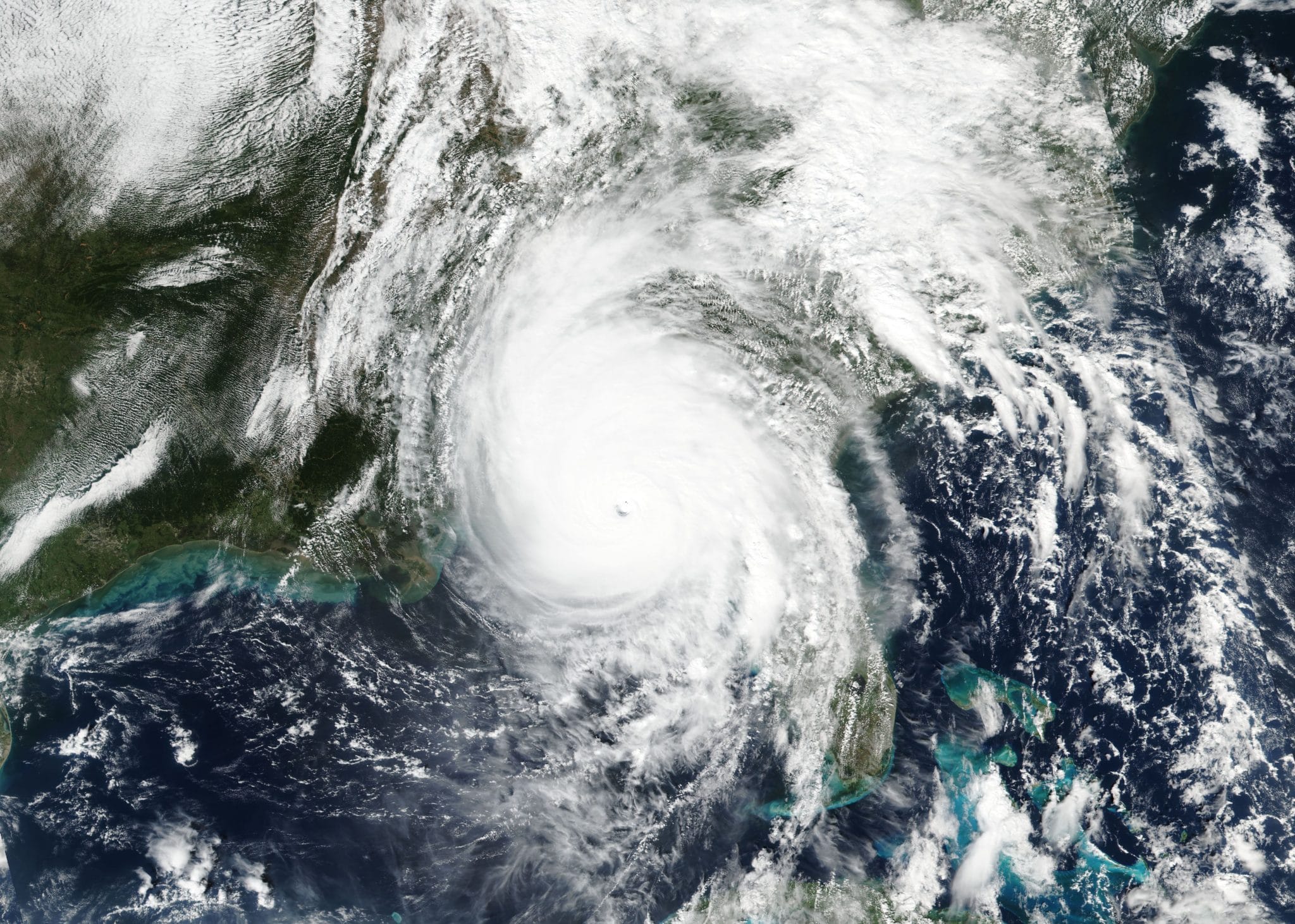Chatham County ranks 7th nationally for hurricane vulnerability, with most Georgia coastal areas facing severe storm threats according to a new study.
🌀 Why It Matters: Most hurricane-prone Georgia counties have experienced increasingly powerful storms, with 83% seeing Category 3 or stronger hurricanes in the past decade, putting residents and property at significant risk.
🌊 The Danger Zones: Coastal counties face the greatest hurricane threat, with Chatham County (Savannah) ranking 7th nationally among 318 FEMA-designated counties analyzed by LawnStarter.
“Have a hurricane plan in place now,” advises Gregory S. Jenkins, professor of meteorology at Penn State. “Know where your valuables are kept, and keep phone contacts and important documents in a Ziplock bag in case of flooding.”
🏠 Financial Impact: Georgia’s 23 hurricane-vulnerable counties account for $581 million in projected annual losses, representing 3% of the nation’s total hurricane-related financial damage.
🗺️ County Rankings: Six Georgia counties landed in the top 100 most vulnerable areas:
- Chatham County (Savannah): 7th
- Bryan County (Richmond Hill): 62nd
- Liberty County (Hinesville): 53rd
- Glynn County (Brunswick): 85th
- Bulloch County (Statesboro): 97th
💨 Lower Risk Areas: Several inland counties showed more moderate hurricane vulnerability, including Grady County (245th), Dougherty County (265th), and Tift County (278th).
🛑 🛑 🛑
Before You Dismiss This Article…
We live in a time when information feels overwhelming, but here’s what hasn’t changed: facts exist whether they comfort us or not.
When A&W launched their third-pound burger to compete with McDonald’s Quarter Pounder in the 1980s, it failed spectacularly. Not because it tasted worse, but because customers thought 1/3 was smaller than 1/4. If basic math can trip us up, imagine how easily we can misread complex news.
The press isn’t against you when it reports something you don’t want to hear. Reporters are thermometers, not the fever itself. They’re telling you what verified sources are saying, not taking sides. Good reporting should challenge you — that’s literally the job.
Next time a story makes you angry, pause. Ask yourself: What evidence backs this up? Am I reacting with my brain or my gut? What would actually change my mind? And most importantly, am I assuming bias just because the story doesn’t match what I hoped to hear.
Smart readers choose verified information over their own comfort zone.

B.T. Clark
B.T. Clark is an award-winning journalist and the Publisher of The Georgia Sun. He has 25 years of experience in journalism and served as Managing Editor of Neighbor Newspapers in metro Atlanta for 15 years and Digital Director at Times-Journal Inc. for 8 years. His work has appeared in several newspapers throughout the state including Neighbor Newspapers, The Cherokee Tribune and The Marietta Daily Journal. He is a Georgia native and a fifth-generation Georgian.


